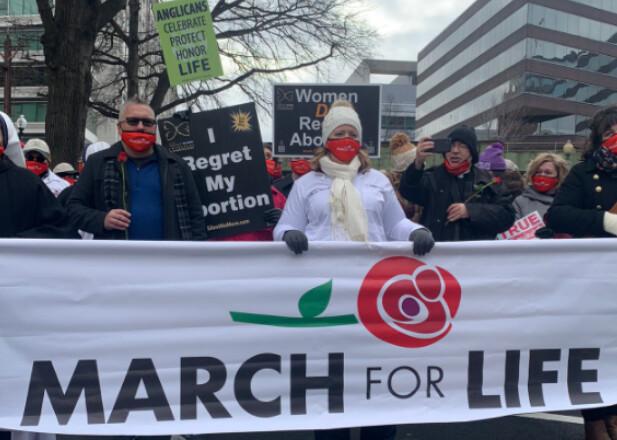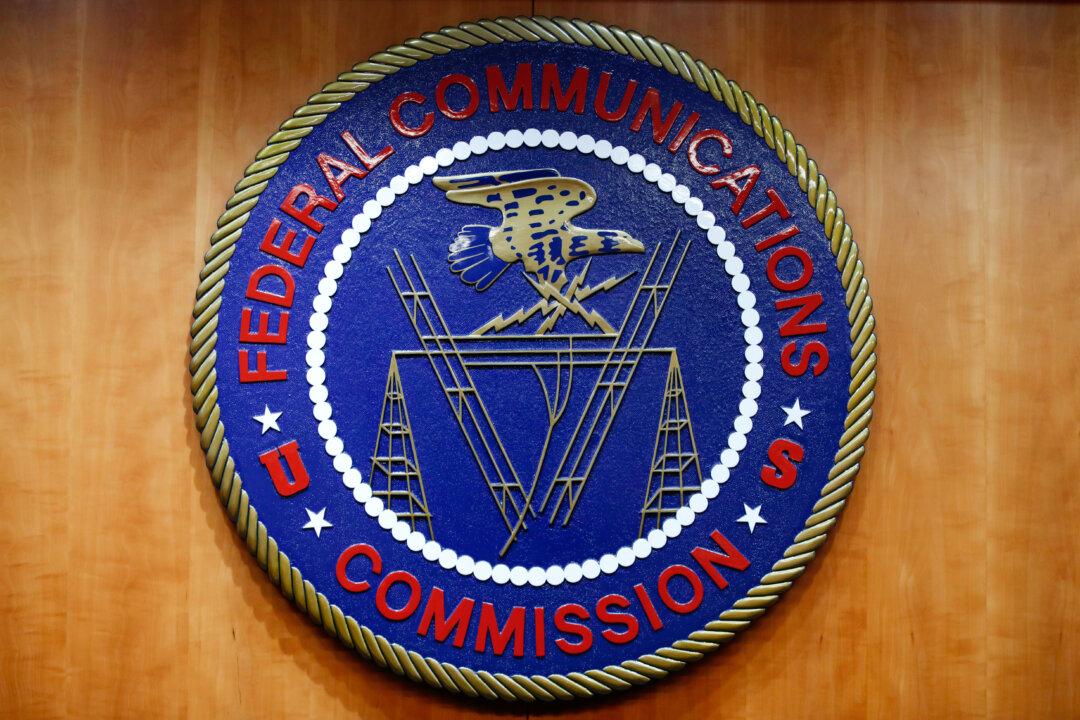In 1994, a young woman went to get an abortion, but when she looked out the window of the facility, she saw a priest. She decided to go outside to talk to the praying man.
“And she changed her mind. I ended up helping her baptize her baby, and now, all these years later she’s still in touch with me, and that baby that we saved that day ended up having a baby of her own,” said Frank Pavone, national director of Priests for Life.






